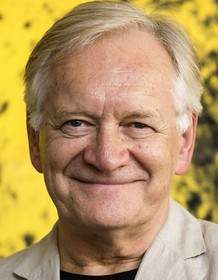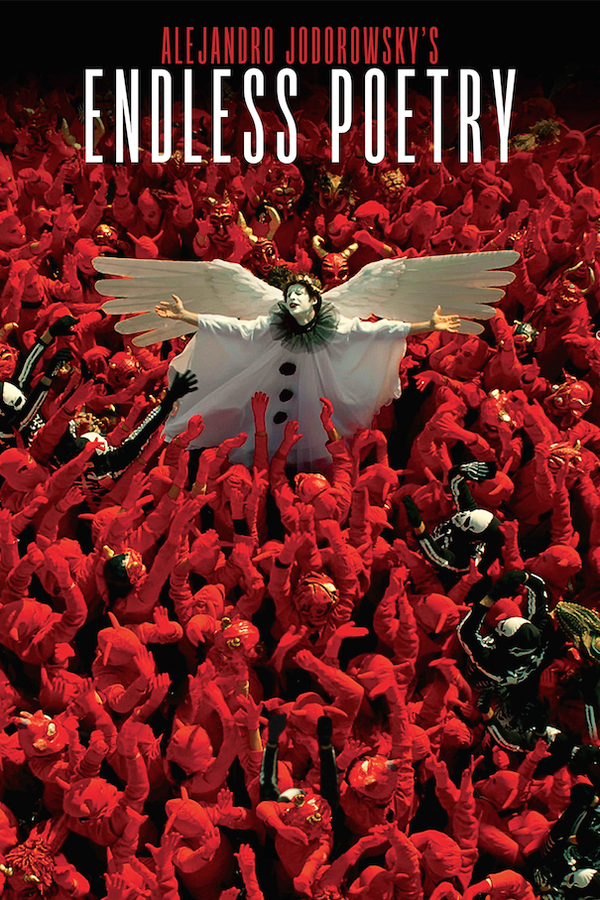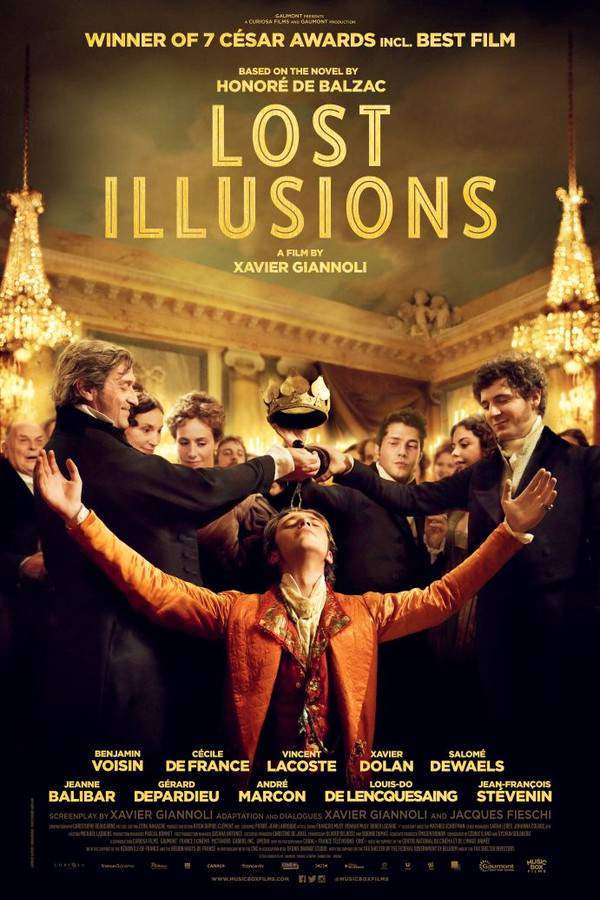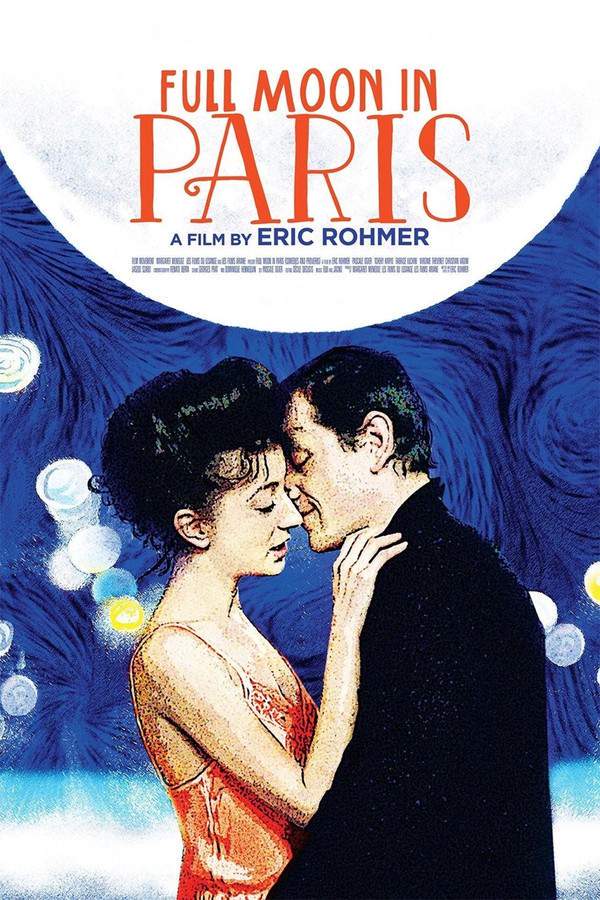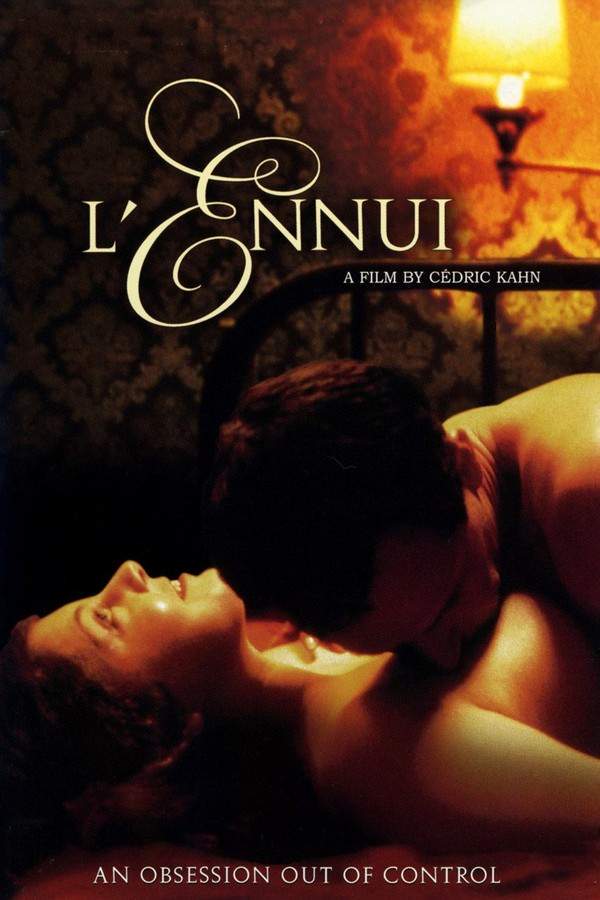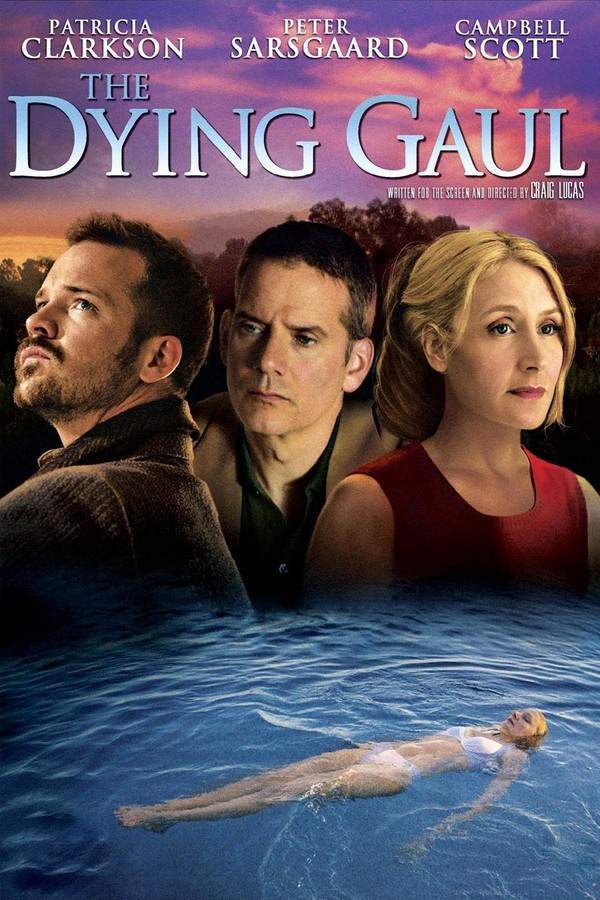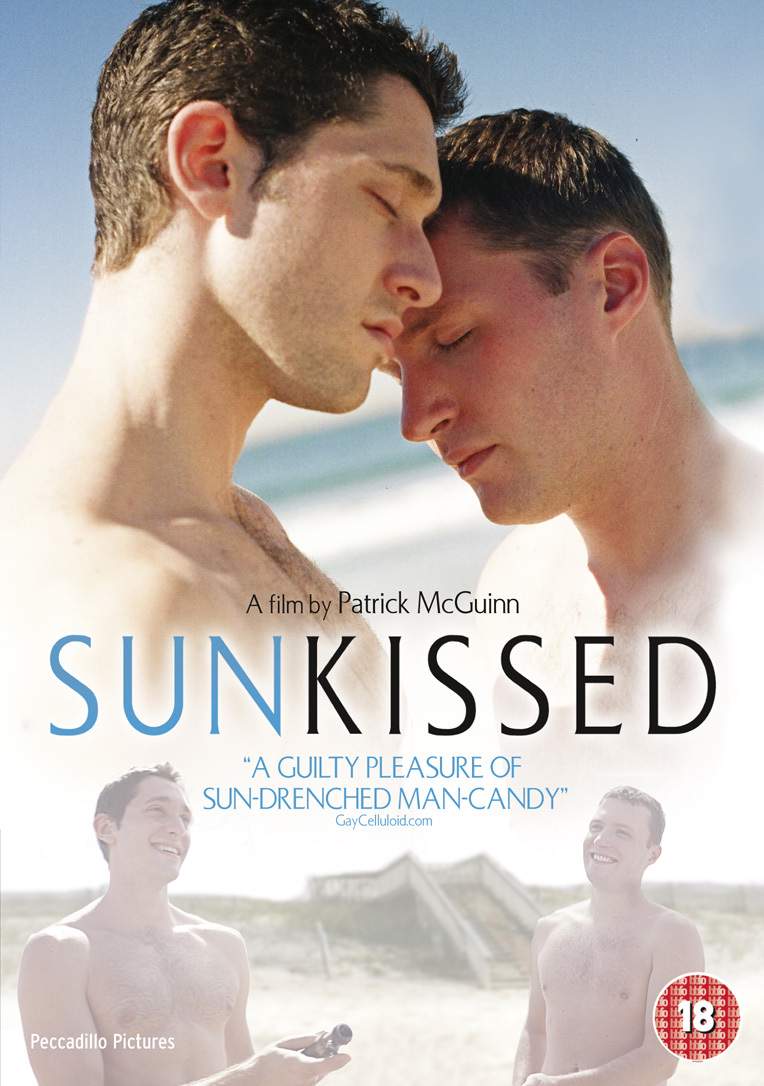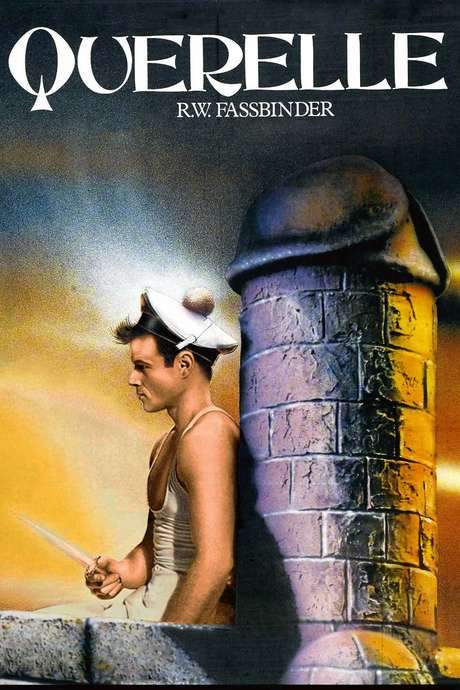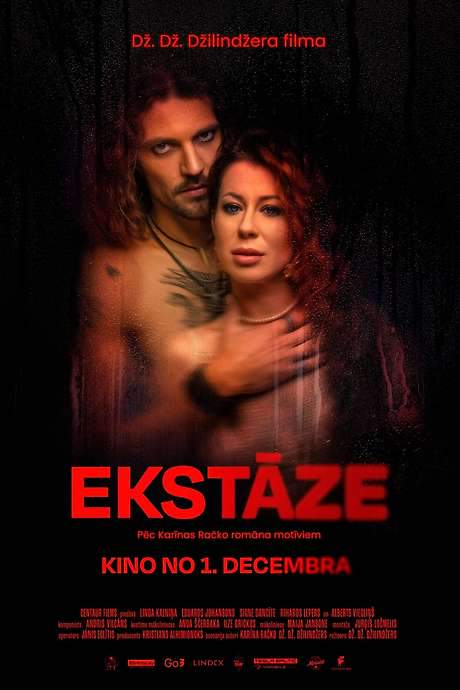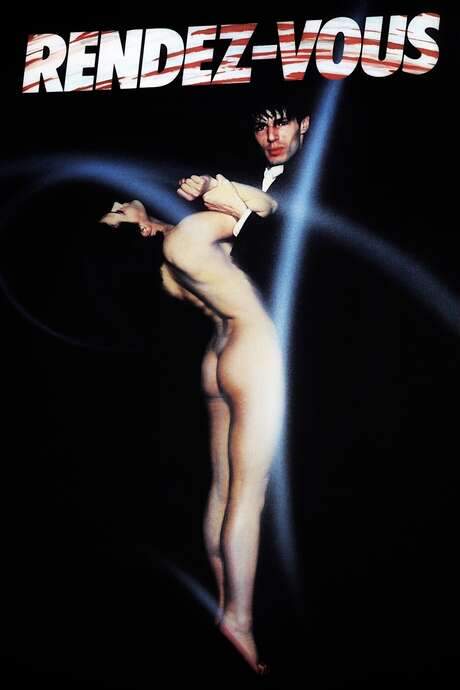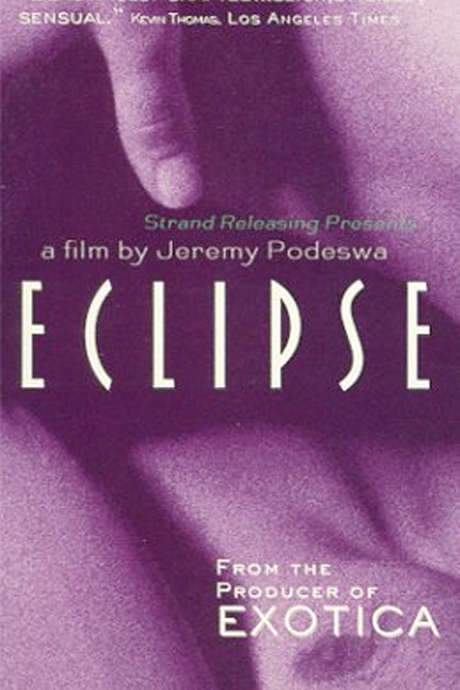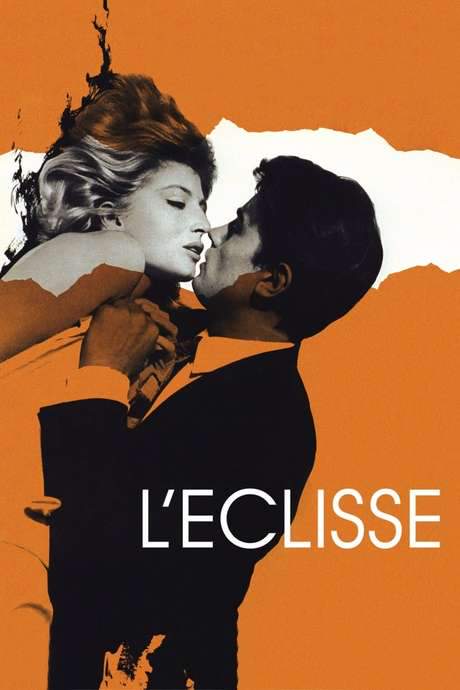Total Eclipse 1995
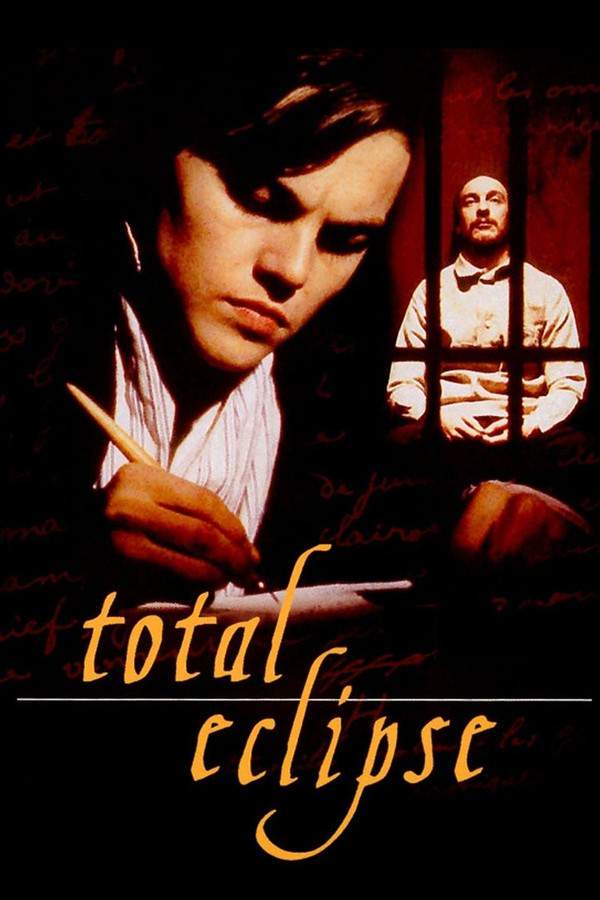
This poignant drama explores the intense and volatile relationship between celebrated poets Paul Verlaine and Arthur Rimbaud. Their lives become entangled in a whirlwind of bohemian extravagance, fueled by absinthe and unrequited love. As their creative passions ignite, so does a destructive spiral, leading to broken relationships and shattered dreams amidst the vibrant, yet turbulent, literary scene of the era.
Does Total Eclipse have end credit scenes?
No!
Total Eclipse does not have end credit scenes. You can leave when the credits roll.
Meet the Full Cast and Actors of Total Eclipse
Explore the complete cast of Total Eclipse, including both lead and supporting actors. Learn who plays each character, discover their past roles and achievements, and find out what makes this ensemble cast stand out in the world of film and television.
External Links and Streaming Options
Discover where to watch Total Eclipse online, including streaming platforms, rental options, and official sources. Compare reviews, ratings, and in-depth movie information across sites like IMDb, TMDb, Wikipedia or Rotten Tomatoes.
Ratings and Reviews for Total Eclipse
See how Total Eclipse is rated across major platforms like IMDb, Metacritic, and TMDb. Compare audience scores and critic reviews to understand where Total Eclipse stands among top-rated movies in its genre.

42
Metascore
5.1
User Score


%
TOMATOMETER

0%
User Score

6.5 /10
IMDb Rating
Take the Ultimate Total Eclipse Movie Quiz
Challenge your knowledge of Total Eclipse with this fun and interactive movie quiz. Test yourself on key plot points, iconic characters, hidden details, and memorable moments to see how well you really know the film.
Total Eclipse Quiz: Test your knowledge on the 1995 film 'Total Eclipse' and its intricate portrayal of the relationship between poets Paul Verlaine and Arthur Rimbaud.
What year did Paul Verlaine first encounter Arthur Rimbaud?
1865
1870
1871
1875
Show hint
Full Plot Summary and Ending Explained for Total Eclipse
Read the complete plot summary of Total Eclipse, including all major events, twists, and the full ending explained in detail. Explore key characters, themes, hidden meanings, and everything you need to understand the story from beginning to end.
The older Paul Verlaine meets Arthur Rimbaud’s sister, Isabelle, in a quaint café located in Paris. Isabelle, along with her mother, requests Verlaine to surrender any remaining copies of Rimbaud’s poetry so they can be burned. This encounter prompts Verlaine to reminisce about his tumultuous relationship with Rimbaud, which began in 1871 when the young poet sent his works from his provincial home. Impulsively, Verlaine invited the teenage genius to his affluent father-in-law’s residence in Paris, where he lives with his young, pregnant wife. Rimbaud’s brazen disregard for decorum leaves Verlaine’s bourgeois family scandalized.
At 27, Verlaine finds himself captivated not only by the 16-year-old Rimbaud’s youthful physique but also by his unparalleled intellect. The confines of marriage and the oppressive nature of his middle-class life have stifled Verlaine’s inherently sybaritic literary creativity. Throughout their often tumultuous relationship, both poets inflict emotional pain upon each other, akin to how Verlaine ultimately neglects his young wife, whom he ultimately abandons. Their passionate liaison culminates in a shocking incident in Brussels, where a drunken Verlaine, consumed by rage, shoots Rimbaud, subsequently paying a heavy price with a fine and a two-year prison sentence for sodomy and grievous bodily harm.
In prison, a transformation occurs, as Verlaine embraces Christianity, much to Rimbaud’s dismay. Upon his release, Verlaine seeks out Rimbaud in Germany, foolishly hoping to rekindle their romance. Unfortunately, the two men part ways, never to reunite. Rimbaud, harboring bitterness towards literature, embarks on a solitary journey around the globe, eventually settling in Abyssinia (present-day Ethiopia) to manage a trading post, where he takes a mistress. However, a tumor on his right knee forces him back to France for amputation. Despite this, the cancer continues to spread, leading to his untimely demise at the age of 37. In his final moments, the imagery of one of his renowned poems, Le Dormeur du val, materializes.
During her dialogue with Verlaine, Isabelle Rimbaud asserts that her brother made his peace with a priest prior to his death, exhibiting Christian contrition, which is why only edited versions of his work should persist. Although Verlaine feigns agreement, he rips apart her card once she departs. Later, as he indulges in absinthe—his newfound addiction—Verlaine envisions the youthful Rimbaud. The film concludes with the young Rimbaud traversing a mountain range, as Verlaine reflects on their shared happiness, while Rimbaud asserts he has discovered eternity at last.
Uncover the Details: Timeline, Characters, Themes, and Beyond!

Coming soon on iOS and Android
The Plot Explained Mobile App
From blockbusters to hidden gems — dive into movie stories anytime, anywhere. Save your favorites, discover plots faster, and never miss a twist again.
Sign up to be the first to know when we launch. Your email stays private — always.
Watch Trailers, Clips & Behind-the-Scenes for Total Eclipse
Watch official trailers, exclusive clips, cast interviews, and behind-the-scenes footage from Total Eclipse. Dive deeper into the making of the film, its standout moments, and key production insights.
Total Eclipse Themes and Keywords
Discover the central themes, ideas, and keywords that define the movie’s story, tone, and message. Analyze the film’s deeper meanings, genre influences, and recurring concepts.
Total Eclipse Other Names and Titles
Explore the various alternative titles, translations, and other names used for Total Eclipse across different regions and languages. Understand how the film is marketed and recognized worldwide.
Similar Movies To Total Eclipse You Should Know About
Browse a curated list of movies similar in genre, tone, characters, or story structure. Discover new titles like the one you're watching, perfect for fans of related plots, vibes, or cinematic styles.
Quick Links: Summary, Cast, Ratings, More

What's After the Movie?
Not sure whether to stay after the credits? Find out!
Explore Our Movie Platform
New Movie Releases (2025)
Famous Movie Actors
Top Film Production Studios
Movie Plot Summaries & Endings
Major Movie Awards & Winners
Best Concert Films & Music Documentaries
Movie Collections and Curated Lists
© 2025 What's After the Movie. All rights reserved.






